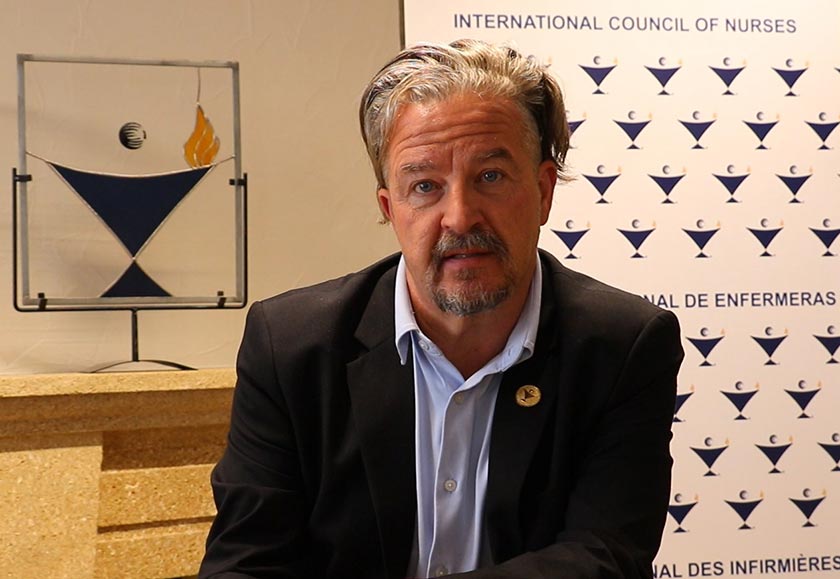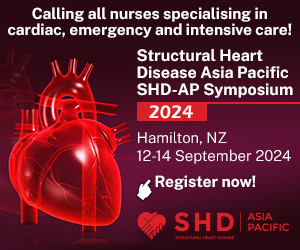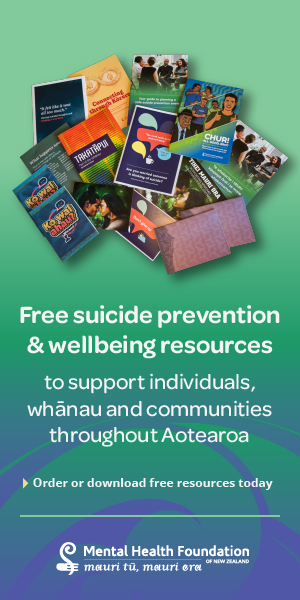“Yes, people around the world are seeing caring, but they are also seeing courage, complexity, leadership. And they are getting the value of investing in the health systems… they are seeing how intimately related health care is to our economic wellbeing,” he said in a pre-recorded presentation to the conference.
While nobody wanted the pandemic, it had created an opportunity for nursing to be seen in a different way, for nursing to take a more prominent role in how health systems were organised, in how nurses led health-care delivery and in how nursing workforces were valued.
The pandemic had highlighted the true value of nursing work to people, societies and economies. Catton acknowledged that “gender issues run deep” in nursing and the profession was economically undervalued. “But COVID-19 is exposing that and providing an opportunity to change that mindset. We are not a cost; we are an investment.”
ICN would continue to be at the forefront of arguing for the world’s nurses to have a pay rise that was “a fundamental reset in how we value nurses and nursing work”, he said.
Catton said from the beginning of the pandemic, ICN had followed its spread around the world and had shared the learning and experiences of nurses. In May, it issued a 12-point plan, prioritising the needs of nurses in the pandemic. The plan had guided ICN’s work with national nursing organisations.
Catton referred to the infection rates among health-care workers (HCWs) around the world, which he estimated could reach 2.5 million. ICN estimated that HCWs comprised around eight per cent of all COVID-19 infections globally. He estimated the number of nurses who die could surpass “the grim milestone of 1000”. The failure to collect data on HCW infection and death rates in a systematic and co-ordinated way globally was a scandal, he said.
From the start of the pandemic, it had been clear there were problems with the supply of personal protective equipment (PPE). “Supply was either inadequate, it was not distributed properly or the quality of PPE was a problem and we were hearing reports of infections among HCWs.”
Failure to provide adequate PPE had been a “contributory factor” in the deaths of HCWs. These were estimated at 3000 in July, a likely underestimation, Catton said.
The ICN had highlighted attacks on HCWs, which were fed by ignorance. Catton said all governments should be taking a zero tolerance approach to such attacks. ICN and the World Health Organization (WHO), believe HCWs should be prioritised when a safe and effective vaccine is developed.
Catton referred to the shortage of nurses worldwide which the first State of the World’s Nursing report, released in May this year, estimated at six million by 2030. He also referred to the inequity of the shortage – low to middle-income countries would be short 5.3 million nurses.
Looking forward, Catton said arguably the biggest threat the planet faced was climate change. Climate-induced disasters were having a profound impact on people and health systems. Nursing needed a clear view and voice on what it wanted future health systems to look like. They needed to include sustainability, a far greater role for advanced nursing practice and nurse-led services and more prominent nursing leadership.
Referring to the first Global Year of the Nurse and Midwife, Catton said while it was a celebration of the anniversary of Florence Nightingale’s birth, he felt there wasn’t enough talk about the founder of ICN, Ethel Bedford Fenwick, who stated: “By union alone can the necessary strength be found.”
Catton said union, co-operation and solidarity were “integral to dealing with the reality we face. We see nationalism in many countries, but as a profession and as professional associations, we have a very strong, legitimate and powerful voice to call for multilateralism and solidarity for our world and for our future”.




